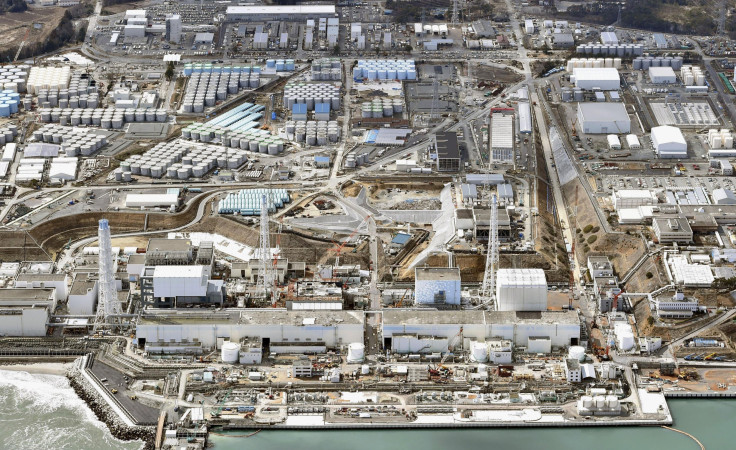Fukushima Nuclear Disaster Evacuee Bullied In School, Yokohama Mayor Apologizes To Teenager

A 13-year-old boy became a victim of bullying at a local elementary school in Yokohama where he studied following his evacuation from Fukushima after the 2011 nuclear disaster. The minor boy was bullied by other students who believed he might spread nuclear radiation in the school. The incident triggered major concern about the safety of Fukushima victims. Yokohama Mayor Fumiko Hayashi on Wednesday apologized to the boy for the government’s failure to act swiftly in his case.
The boy's case surfaced last November along with several other reports of similar incidents where Fukushima evacuees were bullied. The mayor said she promised the boy and his mother going forward bullying in schools will be handled more seriously, according to the Japan Times.
Read: Fukushima Nuclear Radiation Caused Thyroid Cancer In 4-Year-Old
The incident had also prompted the central government to request schools with Fukushima evacuees to check whether they had been bullied.
According to reports, the boy was bullied after he was transferred to a Yokohama elementary school as a second-grader in 2011. He was called “germ” in reference to the nuclear contamination. His classmates also allegedly extorted $13,500 from him.
An investigation into the incident by the board of education proved that the boy had been bullied.
“Unless bullying is recognized (by authorities), we feel as if no one will fight together with us. I don’t want anyone to suffer the way I did,” the boy said during a 15-minute meeting with the mayor at City Hall, according to a lawyer representing the student.
The mayor said she told the boy and his mother, “We will side with the feelings of children from now on.”
Yuko Okada, head of the board of education, who also attended the meeting, apologized to the boy and his mother.
In April, the government released its first nationwide survey on bullying of children who were evacuated from Fukushima Prefecture due to the meltdowns at the Fukushima No. 1 power plant in 2011. The report stated that there were 129 cases in the school year that ended in March and 70 more cases in previous years. Among the total of 199, 13 had obvious links to the nuclear disaster.
Read: Fukushima News - Deadly Nuclear Radiation Levels Detected
The survey found that the victims were told to go back to Fukushima or stay away as they would contaminate others with radiation.
Despite concerns over radiation spreading by coming in contact with a victim, conditions at the nearby defunct power plant have been getting increasingly better in recent days. The government has begun to welcome evacuated residents back home to certain areas in Fukushima, though radiation levels at the defunct plan are elevated and the cleanup process is expected to take decades.
About 7,000 employees have worked to decommission the plant since three of its nuclear reactors melted down following an earthquake and tsunami in 2011. The 9.1 earthquake was the worst to ever hit Japan, causing a subsequent nuclear disaster that was second only to Ukraine's Chernobyl meltdown in 1986.
© Copyright IBTimes 2024. All rights reserved.











